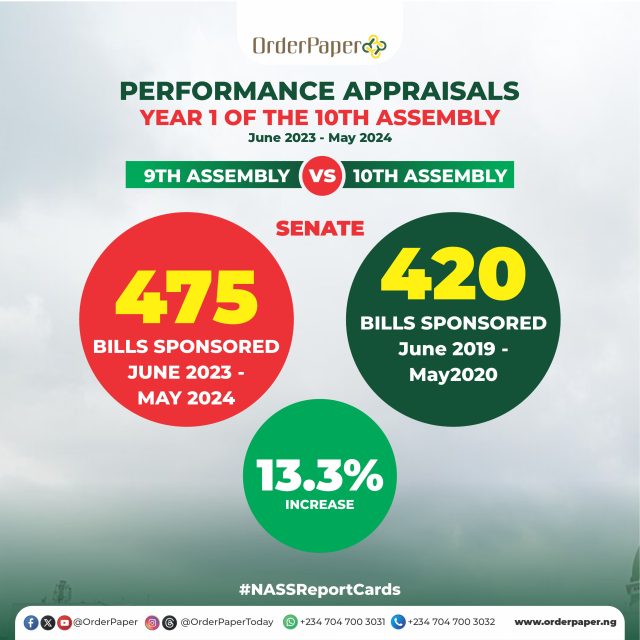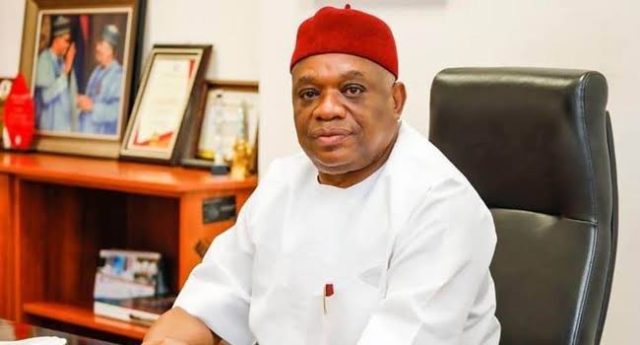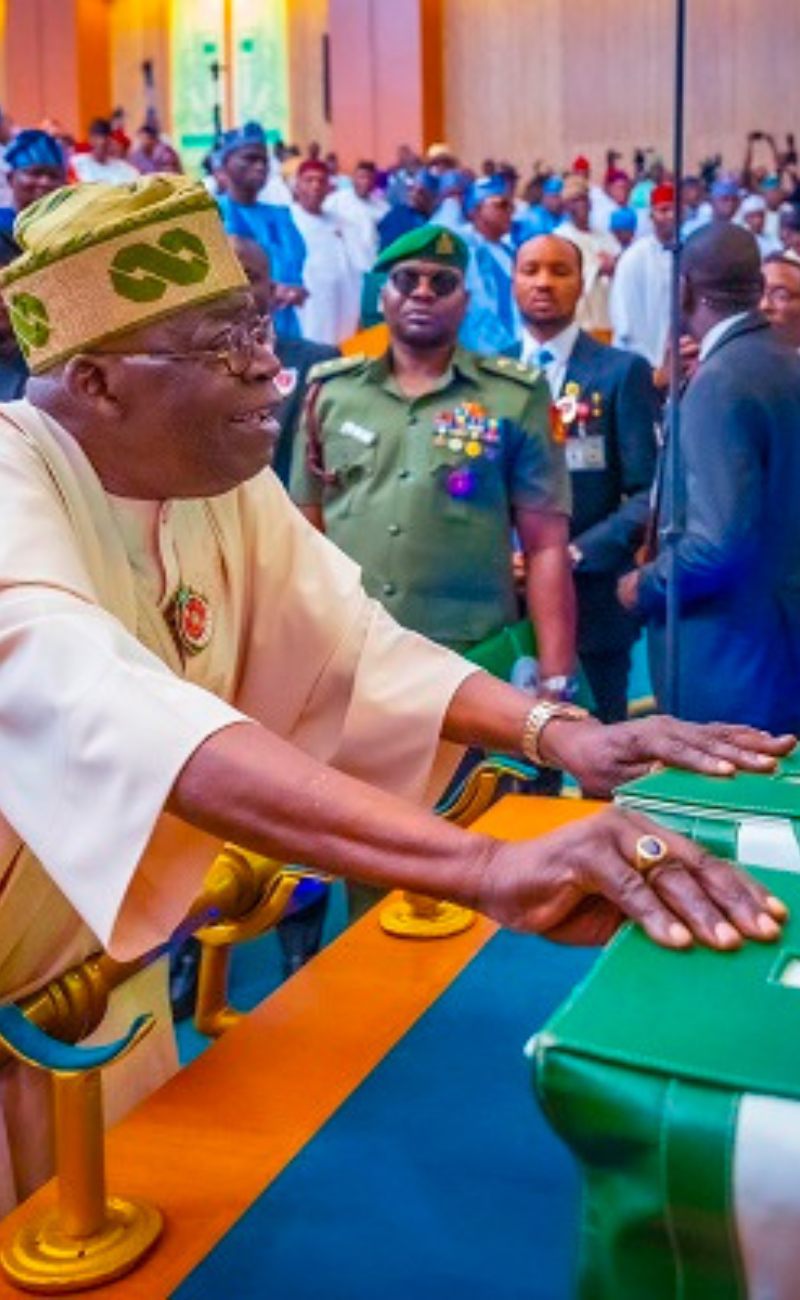In the first year of the 10th Senate, OrderPaper’s #NASSReportCard reveals that over 54 percent of bills sponsored are resurrected from the previous assembly. This “copy-paste” trend raises questions: Are lawmakers recycling old ideas at the expense of addressing current challenges faced by citizens?

As the first year of the 10th National Assembly drew to a close in May 2024, opinions on the performance of representatives and the legislative branch as a whole, are varied. To provide a clear evaluation, OrderPaper has conducted a detailed analysis of the 10th assembly’s first year, to clear doubts and provide citizens with data driven insights. One key area of focus revealed in the analysis is the recircled or “resurrected bills” syndrome – bills that were either passed or dropped in the 9th assembly but have been somehow reintroduced in the 10th Senate.
Read also: Bill and Law: Keywords you should be familiar with.
In Nigeria, the legislative process can be complex. While some bills navigate a smooth path to becoming law, others are rejected, sometimes due to lawmakers’ rating of their relevance or because they are too controversial or other reasons. However, these bills don’t disappear entirely; they are often reintroduced in subsequent assemblies, sometimes even after being passed but without cocurrence from the other chamber or denial of presidential assent.
Out of the 475 bills presented during the 10th Senate’s first year, a significant 257 were recircled from the 9th Senate. This represents a resurrection rate of 54.1 percent. These resurrected bills cover various sectors, including bills aimed at improving agricultural practices and supporting farmers, proposals to amend the Nigerian Constitution, bills focused on educational reforms and funding, health bills, finance bills, etc.

Among those spearheading legislative comebacks is Sen. Orji Uzor Kalu (Abia North, APC), who holds the record for the highest number of resurrected bills, with 10 out of his 12 sponsored bills. All of these bills are currently awaiting second reading.
The practice of reviving old bills is not a new one and has been accepted as a norm. At first glance, the revival of bills might seem like a way to maintain legislative momentum, ensuring that important issues continue to receive attention. However, on the flip side, the practice of resurrecting old bills might also suggest a legislative process that’s more focused on past agendas than on the evolving needs of Nigerians today.
With over 54 percent bills being resurrected, only 46 percent address new needs. Are old bills being revived to give the illusion of productivity while real issues remain unaddressed? What do you think?
Why should you care?
As citizens, it’s IMPORTANT to be armed with information and knowledge about the activities of our lawmakers, especially as they continue in office for the next three years. Don’t let the status quo persist. If your lawmakers are barely performing, it’s up to you to demand better. Use the insights and data from the OrderPaper analysis and these performance report card to make your voice heard. Engage with your representatives, question their priorities, and ensure they focus on addressing both current and future challenges. You can engage through our comprehensive database for the 10th National Assembly Members. You can also follow us on all our social media pages to stay updated.
Get involved now!



